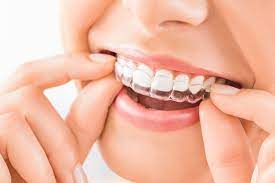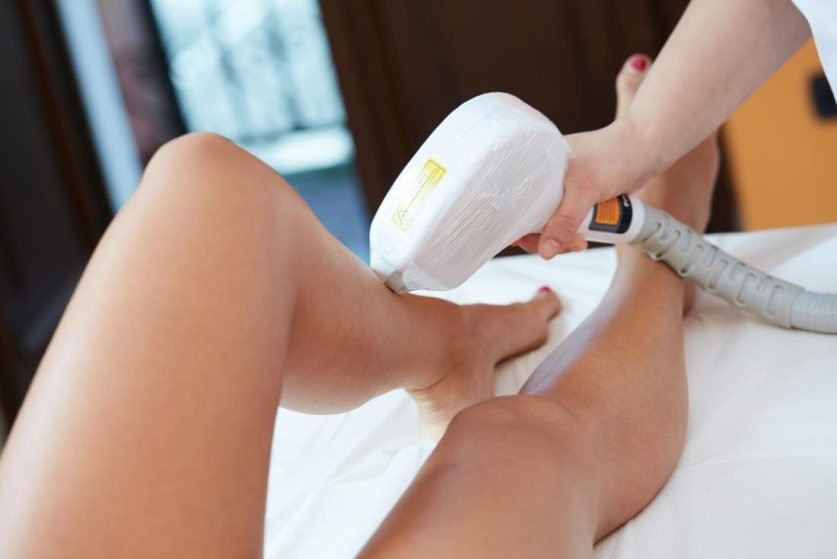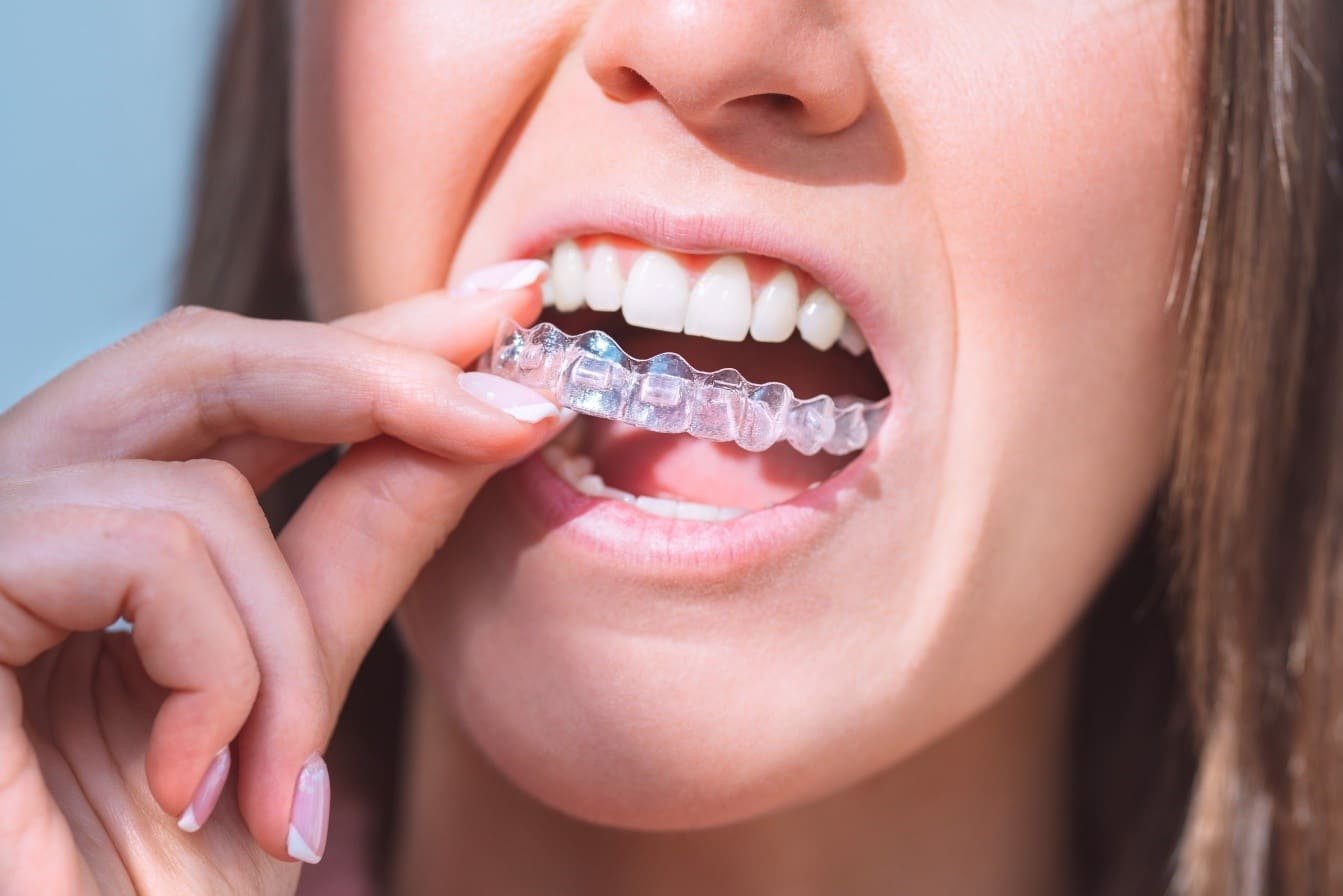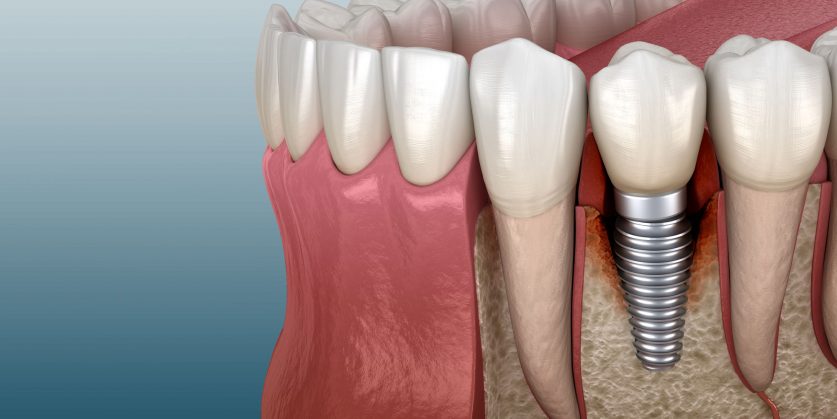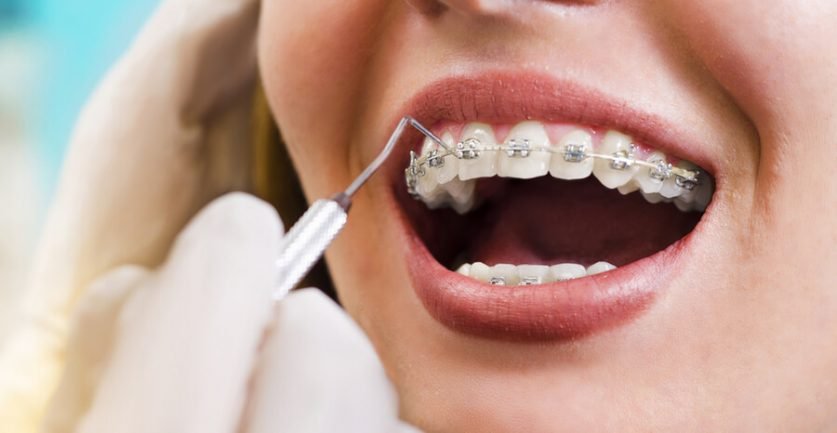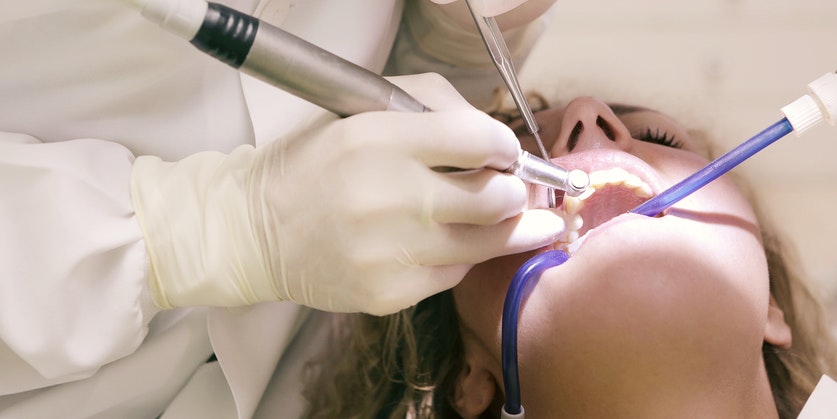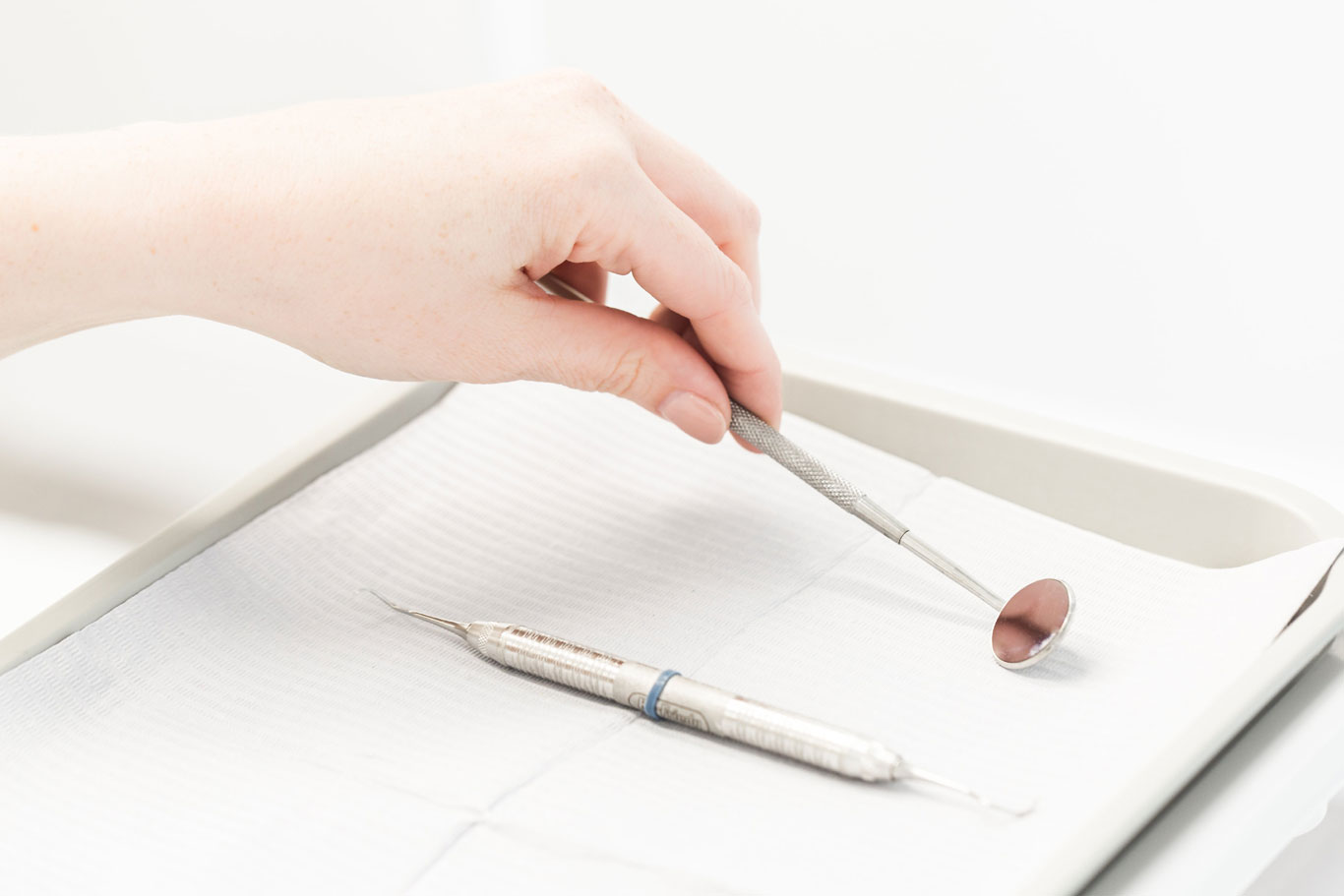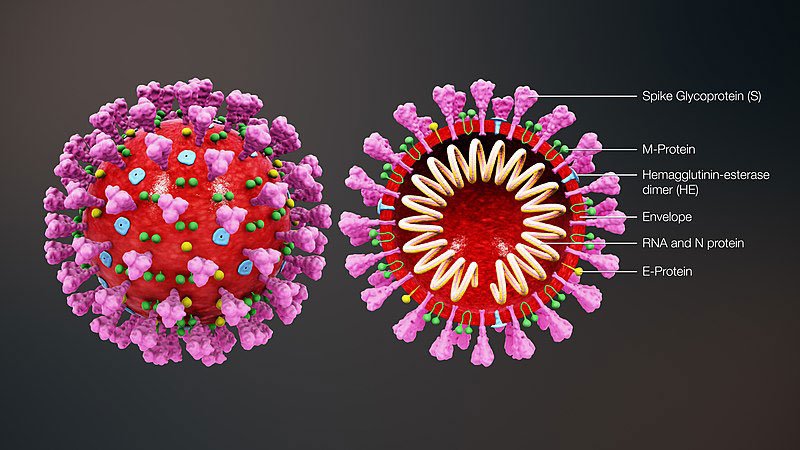Dental implants in Houston texas discloses that most people with dental implants say that they cause minimal discomfort or pain. Your dentist may use local anesthesia for the procedure, and many people believe that dental implants cause much less pain than a tooth extraction. Mild pain or soreness is common after the process.
And if you want, you can take over-the-counter pain pills to relieve the pain or mild discomfort. You can place a cold compress or ice pack on the skin over the area of surgery immediately after treatment to reduce swelling.
What are the Advantages of dental implants?
According to dental implant specialist Houston, the benefits of dental implants are
- More comfort. Dental implants reduce the pain or discomfort of removable dentures as they become a part of you.
- Improving speech. The teeth of ill-fitting dentures might slip around in the mouth, causing you to slur or mumble your words. Dental implants enable you to speak or say without worrying about your teeth falling out of place.
- Improving appearance. Dental implants cypress tx have the appearance and feel of natural teeth. They are also permanent since they make them merge with bone.
- Oral health has improved. Unlike a tooth-supported bridge, dental implants Houston tx do not necessitate the removal of neighboring teeth. Because surrounding teeth do not change to support the implant, more of your natural teeth will preserve, which improves your long-term oral health.
- Improvement in self-esteem. Dental Implant Near Me can help you regain your smile and improve your self-esteem.
- Implants are incredibly long-lasting or durable and will last for many years. Many implants can last a lifetime if you take care of them properly.
- Removable dentures are precisely that: they may need to be them out. Dental implants help stop the pain and discomfort of removing dentures. And the necessity for sticky cement to keep them in place.
Why is follow-up care necessary for getting a dental implant?
Affordable dental implants require the same care as your natural teeth. You need to brush correctly and floss to keep the plaque and debris away. Other follow up care measured for dental implants are
- At home, good oral care for a dental implant includes brushing and flossing regularly to keep food particles, germs, and plaque at bay.
- After receiving a dental implant, routine home care and follow-up at the dentist's office are necessary to avoid these risks and health conditions.
- The dentist will assess the soft and hard tissues around the dental implant, and they use special tools to remove more rigid calcified deposits.
- If necessary, they will adjust the bite to ensure that the implant does not sustain excessive biting pressures.
Conclusion
We hope the above-given information helps you understand more about dental implants. The above article discusses the significant advantages of dental implants, why follow-up care is essential for dental implants, and more. For more information regarding dental implants, check out dentalanddentistry.com.








